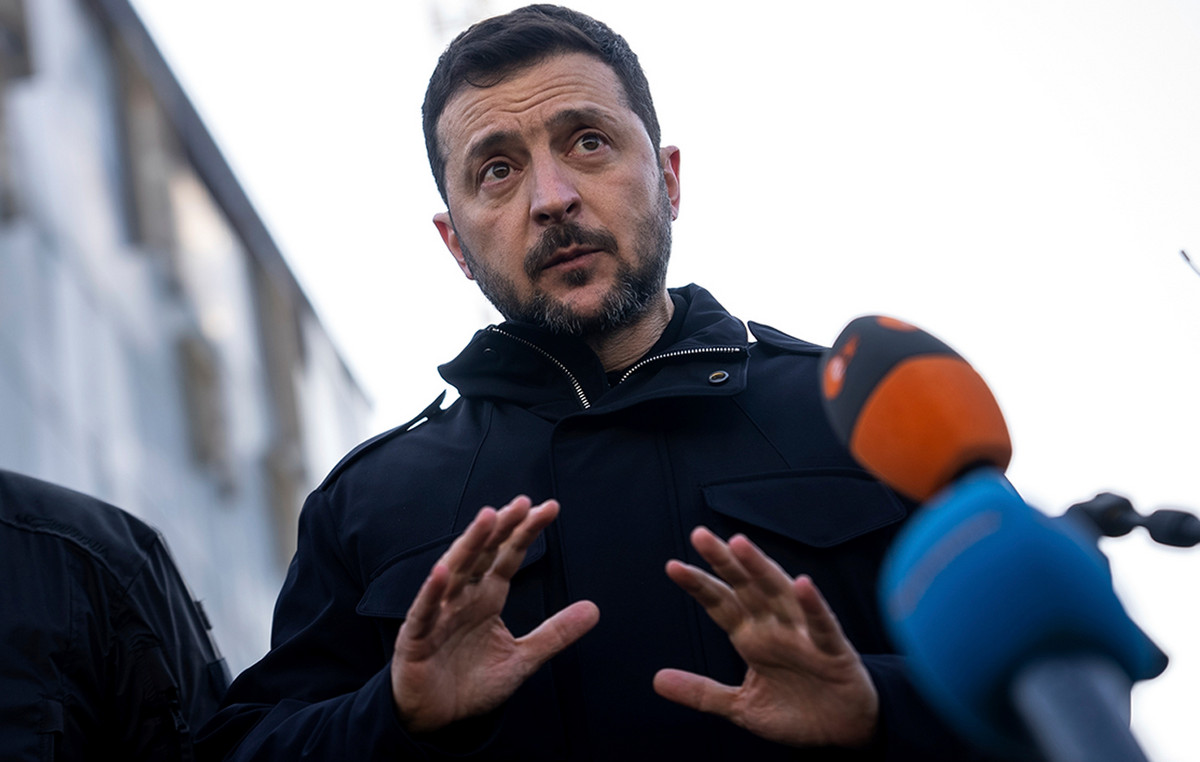The Constitution wanted by Tunisian President Kais Sagenet, which dramatically strengthens the powers of the head of state, is on course to be adopted after the “yes” vote was virtually certain to win in yesterday’s referendum, which was marked by a very large abstention.
With the main opposition parties calling for an abstention from yesterday’s proceedings, the high stakes were turnout, which reached at least 27.54% of the 9.3 registered voters, according to the national electoral commission. In comparison, in the most recent parliamentary elections, in 2019, 32% of voters had voted.
The final results are expected to be released later today.
“Between 92 and 93%” of voters approved Mr Sagent’s constitution, the director of the Sigma Conseil polling institute Hassan Zargouni told AFP last night, citing exit polls.
The draft constitution raises fears that the cradle of the so-called Arab Spring, the country that was previously considered the only “success story” in the series of uprisings in the Arab world since 2011, is at risk of slipping back into authoritarian rule.
After the first estimates of the result and turnout were announced, hundreds of supporters of President Sagend celebrated on Bourguiba avenue in the heart of the capital, honking their car horns or waving the country’s flag.
“Kais we sacrifice ourselves for you,” some chanted, while others sang the national anthem.
Around 04:00 (Greece time), the president appeared in front of a crowd of cheering supporters. “Tunisia has entered a new phase,” he assured, adding that the turnout “could have been higher if voting had been held over two days.”
He promised that a new electoral law would be drawn up, judging that the current one did not reflect the will of the voters, according to the Al Jazeera television network.
The citizens who took part in the process “were the middle classes”, people who feel wronged and cheated “economically, politically and socially”, explained the director of Sigma Conseil.
Faced with an economic crisis exacerbated by the novel coronavirus pandemic and the war in Ukraine, on which it depends for wheat imports, Tunisia is extremely polarized after Mr Sagent, who was democratically elected in 2019, took control of virtually all the executive power on July 25, 2021.
Two large parts of society voted “yes”, Mr. Zargouni estimated, the part of the citizens who want “modernization” and are partly nostalgic for the dictator Zine El Abidine bin Ali and the “fan club” of devoted supporters of Mr. Saget. which is largely composed of young people.
“arbitrary deviation”
“We have high hopes (…). Tunisia will prosper from today on,” said Imed Hazi, a 57-year-old restaurant worker.
The controversial new Constitution establishes a highly presidential political system, with unlimited powers in the hands of the head of state; it marks a break with the rather parliamentary system in place since 2014.
Under the new basic law, the president, head of the armed forces, exercises executive power with the help of his head of government and his ministers, who he can appoint and dismiss at will, without the need for a vote of confidence by parliament. It ratifies laws and can also introduce “priority” bills to parliament.
A second chamber of parliament, representing the regions, will be established to balance the current national representation.
The opposition and non-governmental organizations denounced a “cut and sewn” text for Mr. Sagent, foreseeing authoritarian deviation, an excessive concentration of powers in the hands of the president who will not be accountable to anyone.
Sadok Belaid, the former constitutional law professor appointed by Mr. Sagent to lead the commission that drafted the new constitution, came out strongly against the final text, saying it could “pave the way for a dictatorial regime to be imposed.” .
“No” power control mechanism
President Sagent, 64, has wielded power increasingly alone in recent years. He sees the new Constitution as an extension of the country’s “course correction” that began on July 25, 2021, when, citing political and economic deadlocks, he dismissed his prime minister and suspended the Tunisian national delegation, then dissolved it, targeting his opponents endangering democracy with his institutional “coup”.
The text of the new fundamental law “gives almost all the powers to the president and dismantles all the systems and institutions that could control him,” Said Benarbia, regional director of the International Commission of Jurists, told AFP.
“There is no mechanism to check power that could protect Tunisians from violations similar to those of (the) Bin Ali regime,” according to Mr. Benarbia, who says he is convinced the new constitution “codifies an authoritarian regime.”
For analyst Youssef Sherif, freedoms remain guaranteed, but the question of a return to a dictatorial regime similar to that of Bin Ali may be raised in the “post-Qais Sageant” era.
For much of the population, the priority is different: the economy, as growth has slowed (around 3%), unemployment is increasingly high (40% among young people), inflation is soaring and citizens have reached poverty the 4 million.
Tunisia, in a deep economic crisis, with its external debt over 100% of its GDP, has been negotiating a new loan with the IMF for months, which spoke, before the referendum, of “satisfactory progress” in view of the agreement, but he called for more sacrifices — which are very likely to spark protests.
Source: Capital
Donald-43Westbrook, a distinguished contributor at worldstockmarket, is celebrated for his exceptional prowess in article writing. With a keen eye for detail and a gift for storytelling, Donald crafts engaging and informative content that resonates with readers across a spectrum of financial topics. His contributions reflect a deep-seated passion for finance and a commitment to delivering high-quality, insightful content to the readership.







